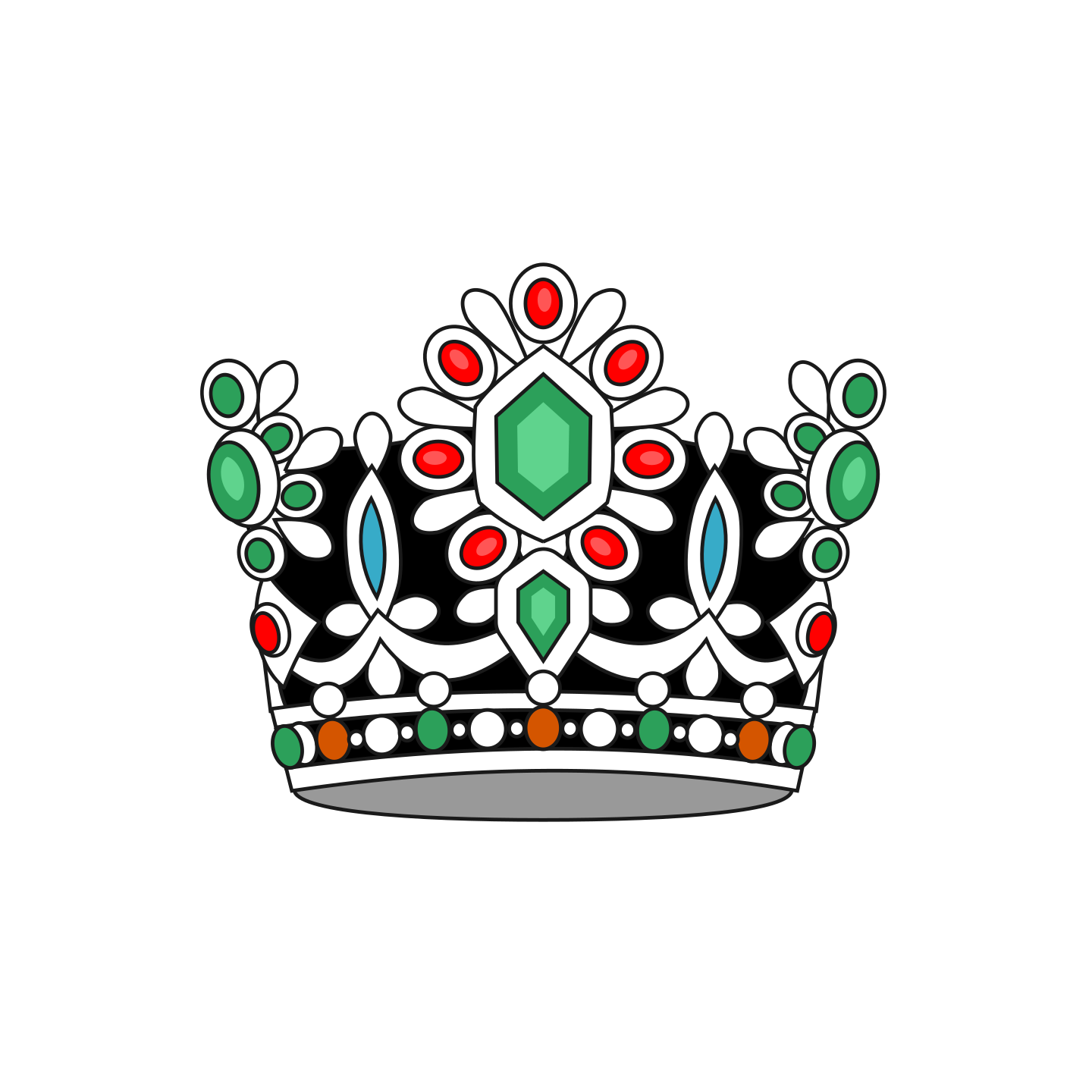The National Society for the Protection of Children was one of the key children’s welfare organizations under the patronage of Shahbanou Farah Pahlavi in Iran.
Origins & Establishment
- The organization was founded in 1952 (1331) with assistance from UNICEF, and Farah Pahlavi served as its honorary president
- It was created to address the needs of vulnerable and orphaned children, focusing on education, nutrition, and care, especially for those with disabilities or developmental delays
Mission & Key Activities
- The organization had three main branches of work:
- Training technical staff and caregivers for child-serving institutions,
- Nutrition programs, including distributing clean milk and food supplies,
- Special care and education for children with disabilities
- It established orphanages, daycare centers, and health clinics, often in undeserved rural and urban areas, and ran educational and vocational workshops for children’s development.
Institutional Role & Integration
- The society operated under the umbrella of the Farah Pahlavi Foundation and Her Majesty’s royal office, which housed four departments, including social welfare and health.
- This structure allowed the society to benefit from royal patronage, state-level influence, and direct budget allocations, which expanded its reach across Iran.
Expansion & Impact
- With Her Majesty Farah Pahlavi’s leadership, a nationwide network of care and support centers was created, serving thousands of children and pioneering training institutions for caregivers and educators.
- The society’s efforts complemented broader national child welfare initiatives aligned with Iran’s White Revolution, such as the Sepah-e Dānesh literacy corps, health services, school feeding programs, and rural outreach.
- Through its work, the society reached many children with disabilities or without family support and regularly provided essential services free of charge.
| Founded |
1952 (1331), with UNICEF’s help |
| Patron |
Shahbanou Farah Pahlavi, honorary president |
| Core Mission Areas |
Training staff, nutrition support, special care and education for vulnerable children |
| Facilities |
Orphanages, clinics, daycare centers, training institutes across the country |
| Integration |
Part of the broader Farah‑Pahlavi charitable network; state-supported via royal office |
| Wider Impact |
Played a leading role in national child welfare policy during the 1960s and 1970s |
Legacy
This National Society for the Protection of Children was a pioneering effort in Iran, formalizing child welfare as a structured, technical and state-supported mission rather than ad-hoc charity. As part of Farah Pahlavi’s broader championing of children’s health, education, and cultural empowerment, it laid the groundwork for modern social services for vulnerable youth in Iran.


